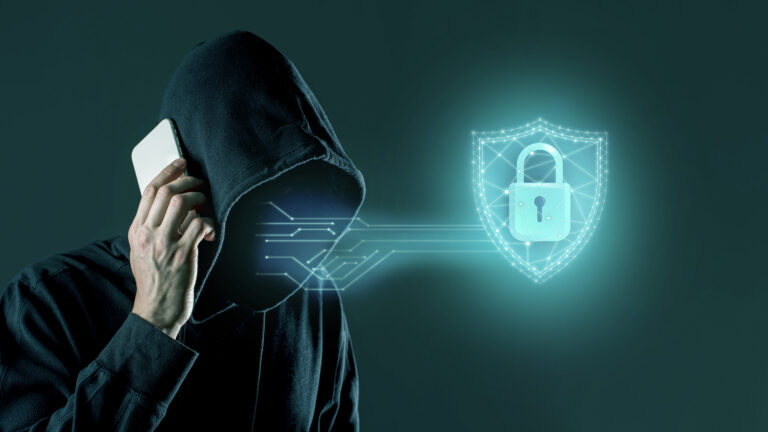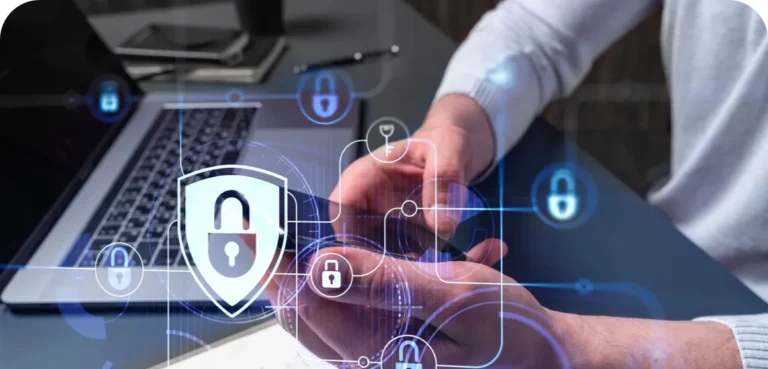In today’s digital world, cybersecurity is key to protecting our money and our peace of mind. Every November 30th, Cyber Security Day is celebrated, a day to reflect on the importance of protecting ourselves online. Cybercriminals don’t need extensive technical knowledge or complex tools to scam us; often, they simply manipulate us or take advantage of our carelessness.
But don’t worry, being aware of their tactics and how to protect yourself can make all the difference. Want to know how they operate and how to protect yourself? We’ll tell you all about it here.
How can you be attentive?
-
Social networks:
What you post can be a treasure for them. A photo from your vacation tells them you’re not home, or a comment about your bank can give them clues about your accounts. Be careful with the information you share and always adjust the privacy settings on your profiles. -
Phishing:
This is the most common method. They send you messages or emails that look real, but aren’t. They often pose as companies to steal your data like passwords or card numbers. -
Fake calls or reverse engineering:
In some cases, they may call your bank or provider pretending to be you. With a little information they gather, they try to access your accounts.
7 Basic Tips to Stay Safe:
Now that you know how they operate, here are the most important tips to keep you protected:
-
Take care of what you share on networks:
Avoid giving personal details, such as your address or travel dates. If you have a complaint with a company, do so through official private channels, not on public social media. -
Be wary of suspicious emails and messages:
If you receive something that asks for your information or offers something “too good to be true,” be wary. Always verify by calling the company directly on their official number, not the one listed in the message. -
Don’t Google your bank:
Scammers often post fake ads that look real. Save the official page to your favorites or use the app directly. -
Use strong and unique passwords:
Don’t repeat passwords between your accounts. If you struggle to remember them, a password manager can be your best friend. -
Enable two-factor authentication (2FA):
This extra layer of security is key. If someone gets your password, they’ll still need a code sent to your phone or app. -
Check your accounts regularly:
Review activity and activate notifications. If you notice any suspicious activity, act quickly and report it. -
Cut off suspicious calls or messages:
No advisor or entity will ask you for confidential information over a video call or WhatsApp. If in doubt, hang up.
Staying alert is the key
The digital world is full of opportunities, but also risks. Scammers’ techniques are constantly changing, but if you’re vigilant and take these precautions, you’ll stay one step ahead.
Remember: taking care of your data means taking care of your money. And at Personal Pay, we want to help you stay informed and secure.
Because taking care of your money is knowing about money .




